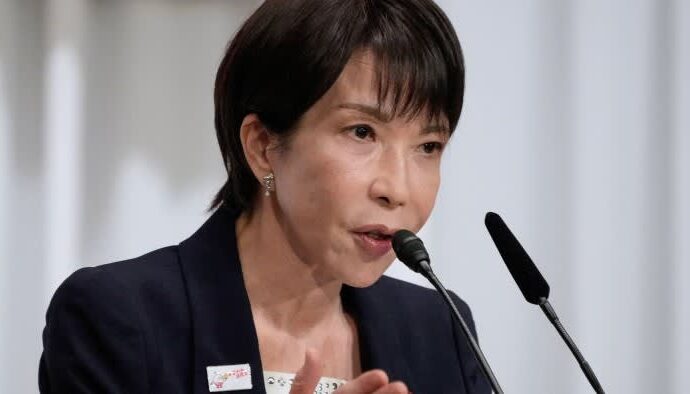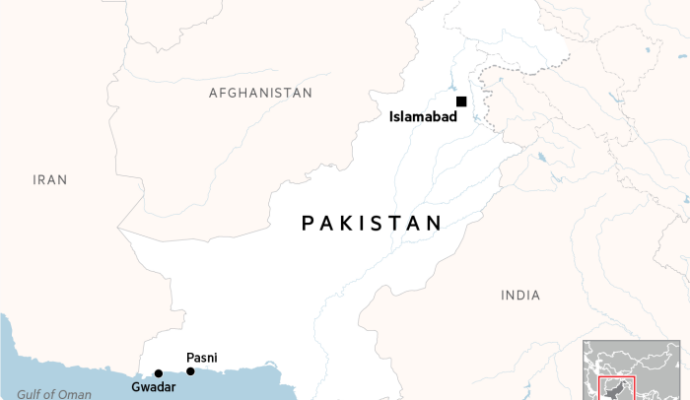Stay informed with free updates
Simply sign up to the Japanese business & finance myFT Digest — delivered directly to your inbox.
Share buybacks announced by Japanese companies in April nearly tripled on the previous year as boards opted for placating investors over holding dry powder for tariff uncertainties.
Listed groups in the Topix benchmark collectively unveiled ¥3.8tn ($27bn) of buybacks in April, up from ¥1.3tn in the same month last year, according to figures compiled by Goldman Sachs. That puts the total so far this year at ¥6.9tn, more than double the figure at the same point in 2024.
The huge increase during the first month of Japan’s financial year follows a record-breaking ¥20tn of repurchases in fiscal 2024, which analysts described as a “regime shift” in corporate Japan’s approach to cash hoarding and balance sheet management.
Investors have historically accused Japanese companies of running highly inefficient balance sheets and deprioritising return on equity.
But groups are starting to think more carefully about their capital structure, including returning more money to shareholders if they lack an efficient way to put it to work, said Hiromi Yamaji, chief executive of Japan Exchange Group, which operates the Tokyo bourse.
“We are getting into a totally different kind of world,” Yamaji, a key figure in Japan’s push for stronger corporate governance, told the Financial Times. “So in other words, whenever [companies] think their share price is too low, they are trying to use the opportunity to manage the size of their equity.”
Japan’s biggest investment bank and brokerage, Nomura, as well as trading house Mitsubishi and manufacturing conglomerates Hitachi and Komatsu have recently announced buybacks in the hundreds of millions of yen.
The April repurchases, which spanned industries including cars, capital goods, insurance, telecoms and banking, came despite Prime Minister Shigeru Ishiba declaring a “national crisis” over US President Donald Trump’s trade policies.
US tariffs have already hit Japanese car exports and could spell even greater turmoil if negotiations fail to reduce broader “reciprocal” levies threatened by Washington.
But Bruce Kirk, Japan equity strategist at Goldman Sachs, said the large buyback figures showed there was momentum for shareholders’ corporate governance push “despite all the uncertainty caused by the tariffs and recession fears”.
“Combined with the big corporate structuring announcements from some Japanese blue-chips this month, there is a lot to be positive about,” said Kirk, noting that usually a third of all Japanese buyback announcements took place during the April-May earnings season.
Shrikant Kale, a quantitative strategist at Jefferies, said he expected the momentum to continue, given the still significant excess cash and stock holdings at other listed Japanese groups.
“I am forecasting ¥22tn total buybacks this fiscal year. The only risk is severe decline in global growth induced by tariff uncertainty, forcing companies back to preservation mode,” said Kale, adding that he saw no signs of that happening so far.
The buybacks come despite investors pushing companies to look beyond what they have characterised as the “vanilla” option for bolstering shareholder support. They have called on groups to overhaul boards and sell non-core assets.

